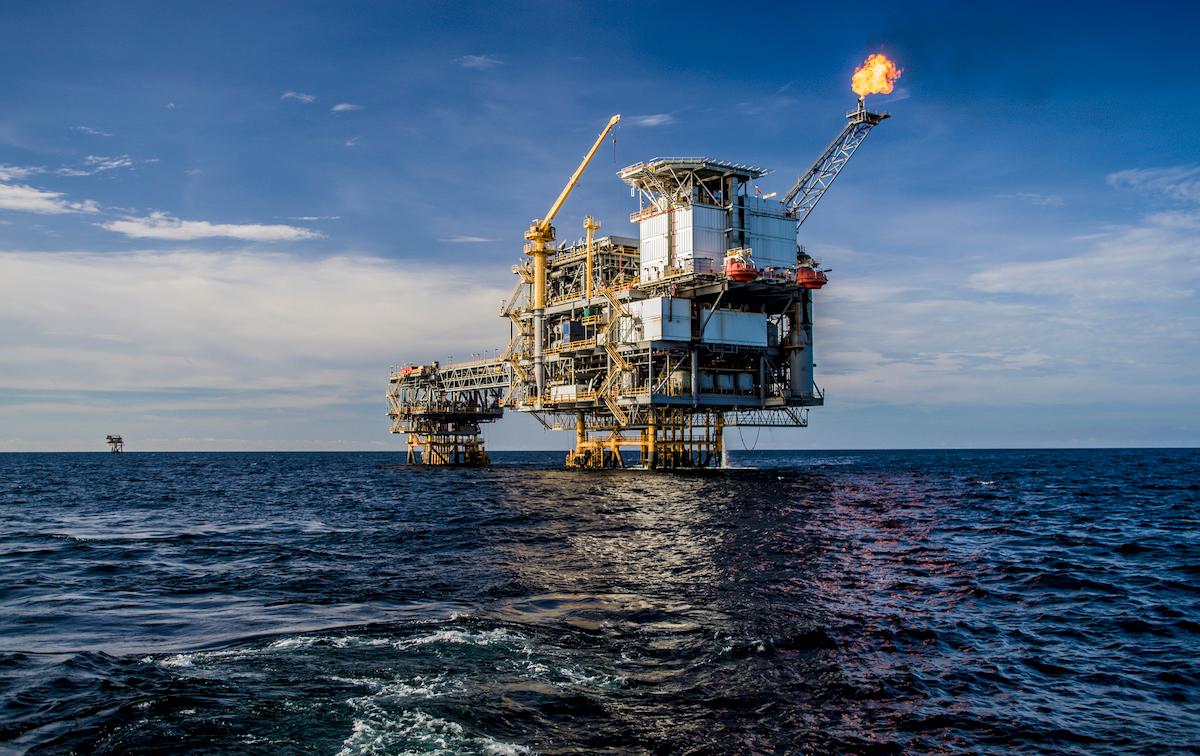Denmark Ending Fossil Fuel Extraction in the North Sea, Setting the Tone for Neighboring Countries
Denmark just announced plans to end fossil fuel exploration and extraction in the North Sea
Published Dec. 7 2020, 11:27 a.m. ET

Denmark is the biggest oil producing country in the European Union — but not for much longer. Denmark just announced plans to end fossil fuel exploration and extraction in the North Sea, a move that holds the power to inspire other countries to rethink their own oil and gas policies.
Keep reading to learn more about what this means for Denmark’s oil and gas industry, as well as how it could impact the climate overall.

Denmark is ending new oil and gas exploration contracts in the North Sea.
On Thursday, Dec. 3, Denmark’s lawmakers voted to stop issuing new contracts for oil and gas exploration and extraction in the North Sea, as Reuters reported. The only contracts that will remain between now and the year 2050 will be ones that are already in progress. By 2050, Denmark plans to have zero active oil and gas contracts.
Denmark even canceled a licensing round that was scheduled in the near future, so that this new policy can begin immediately.
Denmark plans to be climate neutral by 2050.
Denmark has a goal of producing net zero emissions by 2050, as part of the Paris Climate Accord, and this move will certainly help the country with its goal.
"We want to be climate neutral in 2050. And if we are to have any credibility in that, then this is a necessary decision,” Denmark’s climate minister Dan Jørgensen said, as per BBC News. "We are now putting a final end to the fossil era … We're the European Union's biggest oil producer and this decision will therefore resonate around the world."
Environmentalists are already hoping this will inspire other countries to follow suit — especially neighboring ones that also drill in the North Sea, such as the U.K.
By 2050, Denmark’s oil production will completely disappear.
The year 2050 is certainly a long way away, and it would be great to see Denmark end these agreements much sooner; however, the Danish government explained that the country could not afford to end all active contracts immediately.
“If we were to say to companies that already had the permissions, ‘we’re taking them away from you’, the price tag on that is one that no government would be able to bear,” Jørgensen told The Guardian. “The costs would be so enormous that I doubt that we would be considered a frontrunner. People would just shake their heads and think we were stupid.”
Even without ending existing contracts until 30 years from now, Denmark is still taking a financial loss (though a strong environmental gain). Denmark’s climate ministry loosely estimates that the country will lose a total of 13 billion Danish krone ($2.1 billion USD) due to this new policy, as per Reuters.
Denmark is a major oil producer.
As of 2016, Denmark produces about 145,674 barrels of oil everyday, making the country the top oil producer in the EU, and the 40th oil producer in the world, according to Worldometers. Denmark uses about 99 percent of that oil for itself, only exporting 1 percent of oil; the country also has 551 million barrels of oil in reserve.
All things considered, it’s safe to say that Denmark will easily be able to sustain its population on reserved oil — or even imported oil — come 2050. But of course, a better solution would be for Denmark to ramp up its renewable energy production, from sources like solar, wind, and hydro power — and fortunately, Denmark is already working on that.